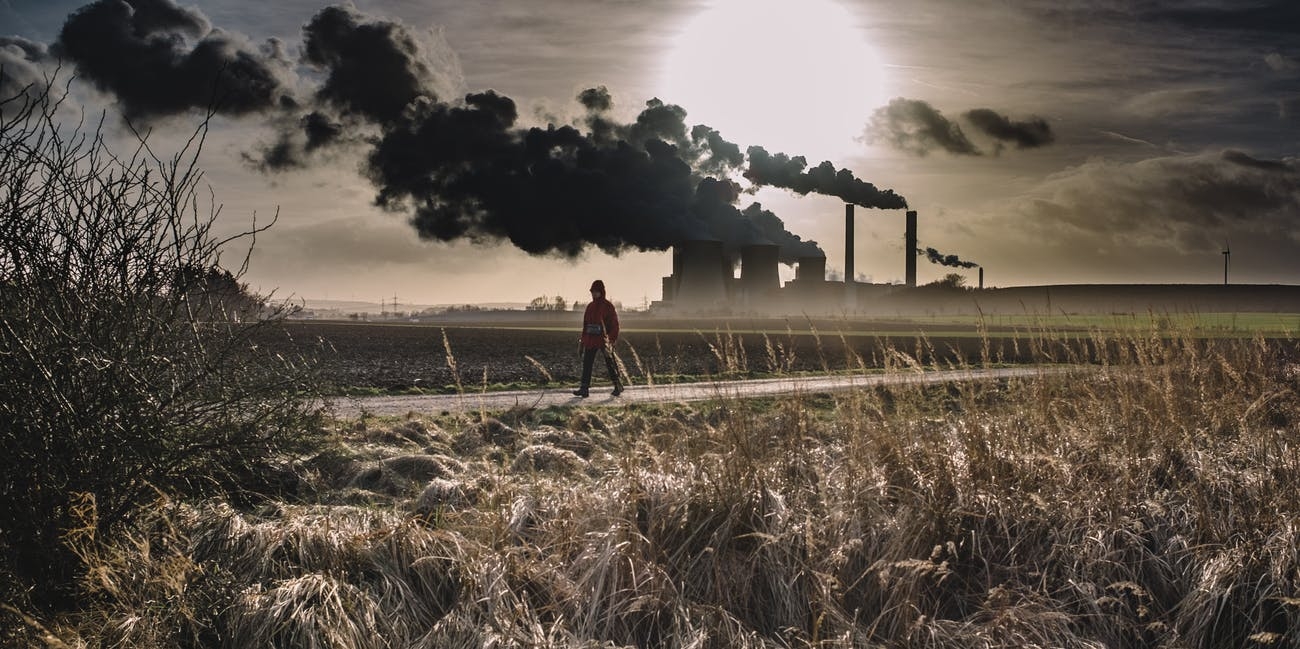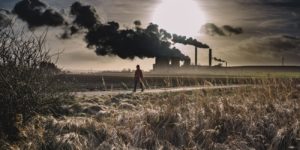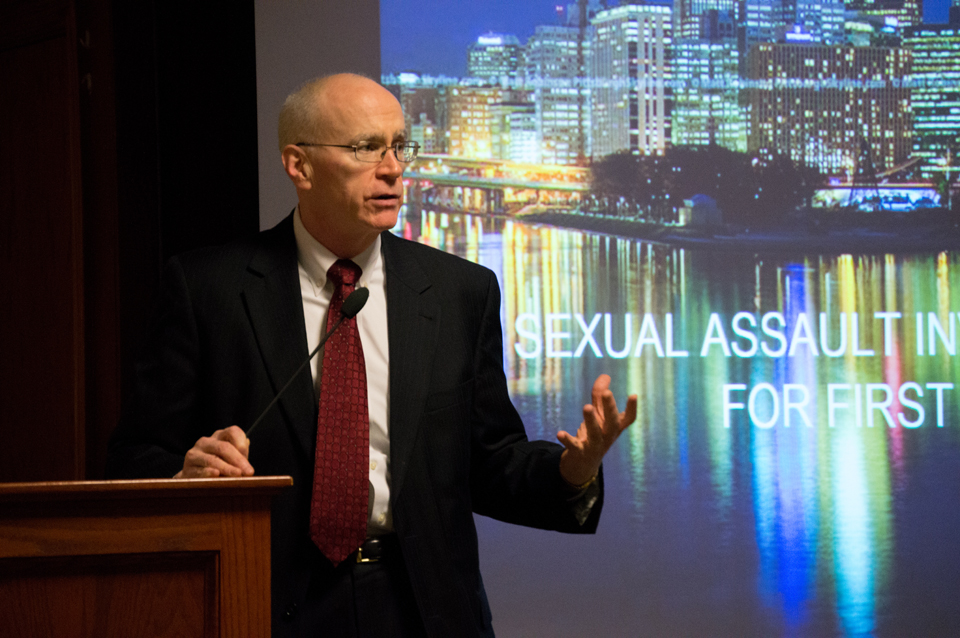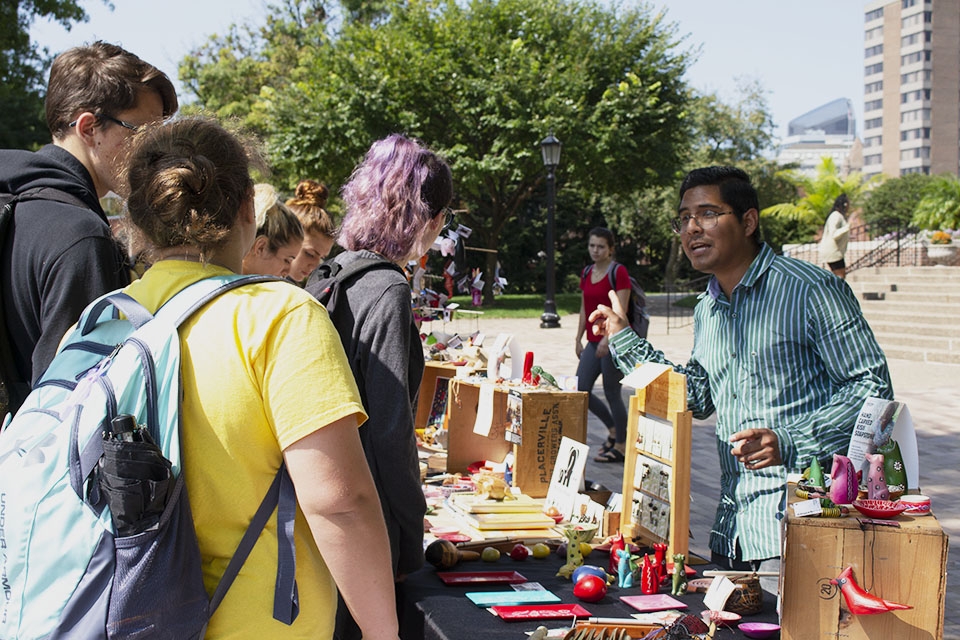

10/11/2018
By Ollie Gratzinger | Opinions Editor
The world has a fever, and we’re making it worse.
After three years of research, South Korea’s Intergovernmental Panel on Climate Change (IPCC) has issued a special report detailing the pressing dangers we can and will face if we don’t take action now.
In the past, the study says, the Earth was thought to be okay as long as we were able to keep warming below 2 degrees Celsius this century. But that isn’t the case anymore. Scientists warn of real and fast-coming problems with the planet’s livability if we venture past 1.5 degrees Celsius. This “guard rail” temperature could be exceeded by as early as 2030.
Already, we’re seeing the way the changes in temperature are impacting the world in the wake of 1 degree Celsius global warming. International heatwaves this past summer, the melting of sea ice in the Arctic, increased rainfall and flooding can all be traced back to a seemingly minute rise in global temperature, but as we’re learning, even the smallest increase can be too much, especially if it happens too quickly.
More droughts may be awaiting us, which could limit an already dwindling reserve of clean drinking water worldwide. Wildfires, like those burning in parts of the U.S. and also in Greece, could be worsened by dry winters and heavy winds, both byproducts of a rapidly changing climate. Wildlife could go extinct if the ecosystem shifts faster than species can adapt. A rise in ground-level ozone can contribute to dirtier air, which in turn cultivates a downward spiral in health and wellness.
The planet we’re inheriting is sick and ailing, and it’s up to us to take action to make it better. Nothing else matters more than this, because everything we do depends on the sustainability of our pale blue dot. There can be no politics without a planet. No education, no healthcare and no future.
The IPCC report demands “rapid and significant” changes on every level, from governments to individuals, in areas of energy consumption, land use, cities and industry.
A lot of our current politicians don’t believe in climate change, such as Donald Trump calling the phenomenon a “hoax” and pulling out of the Paris Agreement during the summer of 2017. Those who do acknowledge it, though, seem to view it as some far-off thing that’ll happen in hundreds of years, when we and everyone we love are long gone. But 2030? That’s only 12 years down the road. This is our generation. Our children. Our world.
As individuals, we’re far from helpless. Little changes in the lives we lead can add up, in the end. Walk or bike into town or back from South Side instead of taking an Uber or a Lyft. Throw out less food. Vote for local politicians who are willing to dedicate resources to public transit, and national politicians who pledge to limit the burning of fossil fuels like coal, oil and gas. Carpool with your pals if you’re all going to the same place, limiting vehicular emissions when possible. Reduce, reuse and recycle.
Even smaller changes can help, like hanging your clothes on a line to dry instead of using a dryer, or replacing incandescent light bulbs with fluorescent bulbs instead.
The biggest thing, though, is challenging corporations to implement changes in their policies, and when possible, boycotting those which refuse.
According to an article in The Guardian, only about 100 companies are single-handedly responsible for more than 70 percent of greenhouse gas emissions since 1988. Among the worst offenders are ExxonMobil, Shell, BP and Chevron, all recognizable names in the fossil fuels industry. If changes don’t happen soon, we’re on course to see a temperature rise of 4 degrees Celsius before the end of the century, the effects of which would be nothing short of catastrophic.
Climate change science is not a science of raw data and strings of numbers, but rather a science of who we are, how we live and what we can do to implement large-scale changes in our communities. We’re nearing a point of no return, and we can’t afford to pass the blame off to others anymore. If our government won’t do something about it, we have to, and we have to do it soon, before the change is irreversible and it’s too late to save tomorrow.




